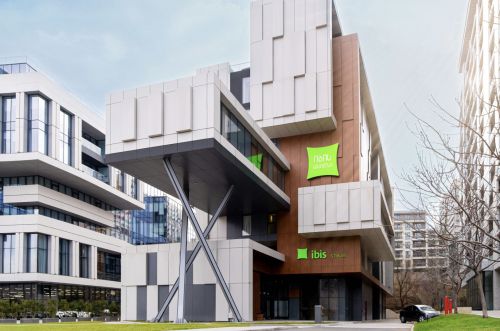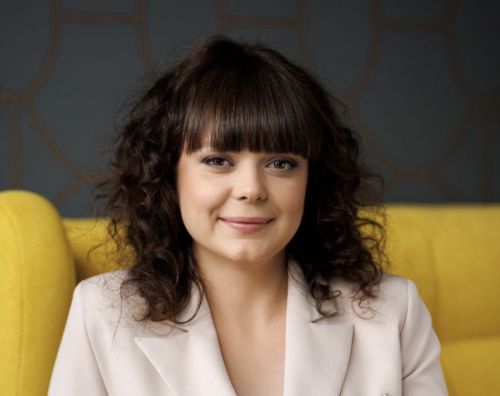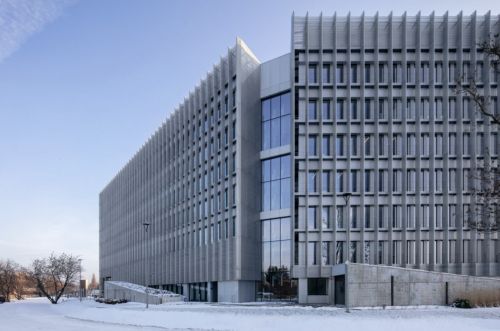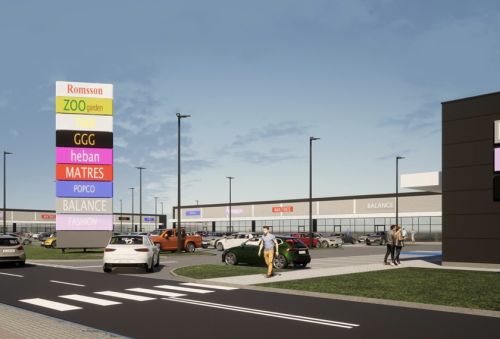Hotels at petrol stations can offer a higher standard than motels – and at a lower price. Is this merely marketing or instead a strategy that will prove both effective and highly profitable?Mladen Petrov A car pulls over at a petrol station. The driver pays for petrol, does some shopping and after that receives a magnetic card. A magnetic card? Yes, a card for his room in the hotel next door. The cashier of the petrol station is, at the same time, a receptionist, which allows administration costs to be lower. This is not the only novelty, though. A stay in a hotel at a petrol station could take two forms: a traditional and a ten-hour one. The price is also different, but in both cases it is cheaper than in a traditional three-star hotel on the outskirts of the city.A change in approach“We’ve broken the mould a little bit and created new demand. Drivers, who know they can stop on




























































